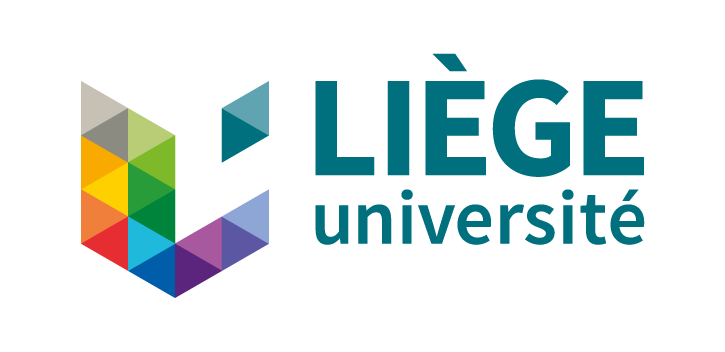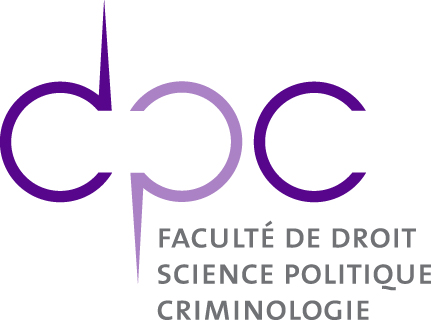Abstract
This article follows the populist radical right in the Czech Republic, offering insight into its interaction with the media, its place within public discourse, and its status in the context of competing parties. The author tracks the communication patterns of radical right populism in the Czech Republic and highlights different aspects of discursive opportunities. The study asserts that high levels of visibility, resonance, and legitimacy in the topics chosen by the PRR result in broader acceptance of those topics by the public, but failure for the PRR in the party competition. The political opportunity structures have been unfavourable to the populist radical right in the Czech Republic. The 2017 elections brought the PRR the greatest success it has experienced in the Czech Republic so far, but the election results still lag far behind those of PRR parties in neighbouring countries. The study asserts that PRR social media platforms in the Czech Republic played a highly visible role for the first time in mobilizing voters during the 2017 electoral campaign, thereby becoming a significant factor in the electoral contest.
Disclaimer
This article was written somewhere back in 2016-2017 and some of its parts were published two years ago, see STOJAROVÁ Věra, “Populist, Radical and Extremist Political Parties in Visegrad countries vis-à-vis the migration crisis. In the name of the people and the nation in Central Europe”, Open Political Science, De Gruyter Poland, 2018, pp. 32-45; and HAVLÍK Vlastimil a STOJAROVÁ Věra, “Different Faces of Illiberal Party Politics in Central and Eastern Europe”, in SOLSKA Magdalena, BIEBER Florian and TALESKI Dane, Illiberal and Authoritarian Tendencies in Central, Southeastern and Eastern Europe, Bern, Peter Lang, 2018, pp. 313-342.
Reading the article now, not much has changed since then, just the patterns have somehow strengthened. The rankings for freedom of media have deteriorated in the Czech Republic, politicians continue to undermine critical media, promote Czech nationhood, far right enjoys the prominent position of being the very much needed partner for current government in various support. Nevertheless, the party landscape is fragmented, the political opportunity structures remain unfavourable for far right. It is very unlikely that the far right would strengthen its position and would become the partner for government formation after the upcoming parliamentary elections (2021).






